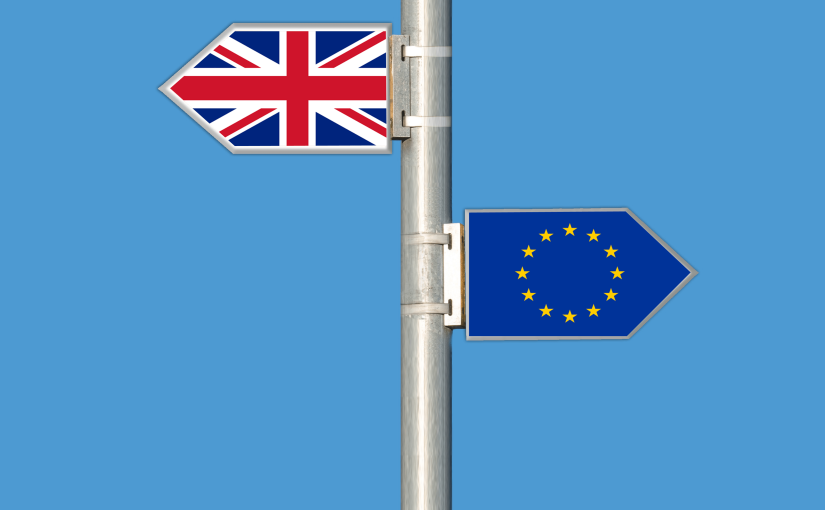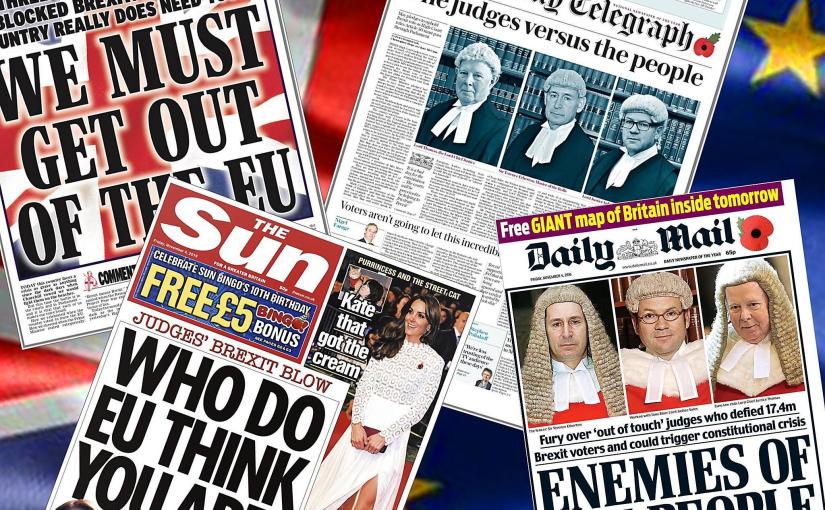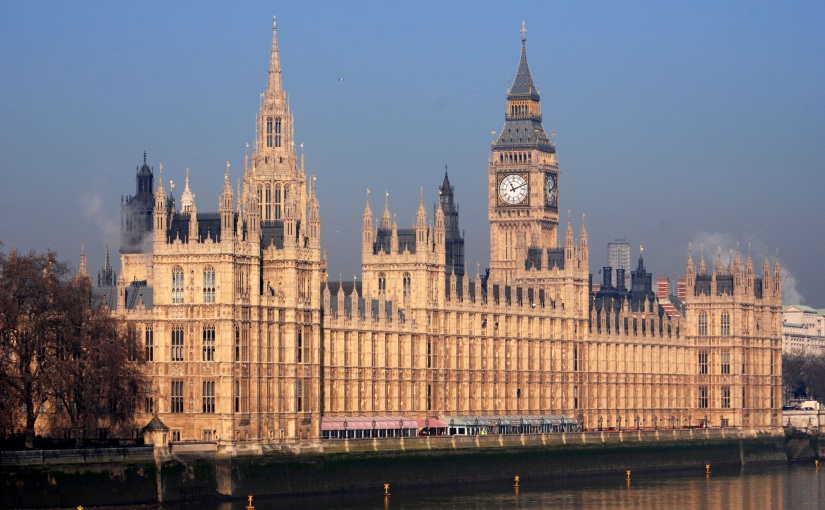In its judgment in two cases relating to the prorogation of Parliament, in which it struck down the prorogation order issued by the Queen on the advice of the Prime Minister, the UK Supreme Court made what Lord Sumption has rightly called a ‘revolutionary’ move, placing itself squarely in the middle of territory previously regarded as exclusively political. This is an unwelcome constitutional development with long-term negative consequences, and is unsupported by any of the legal analysis on which the Court attempts to rely.
Two common features of a constitutional crisis – there should be no doubt that this is what the UK is currently experiencing – are now fully in evidence.
The first is the tendency of small events to have large effects beyond their original scope or purpose. The Fixed-term Parliaments Act 2011 had the pragmatic aim of binding the Conservatives and Liberal Democrats into a full five-year term of coalition government (2010-2015). Its function was to make clear to both parties that neither could bail out in mid-term as soon as they sensed a politically advantageous moment to force an election.
The political need for this was exhausted by the coalition coming to the end of its natural life, and the Conservatives proposed in their 2017 Manifesto to repeal the Act. However, failing to win a majority in that year’s election, they could not carry it through. So the Act remains on the statute book, where it now stands as one of the most consequential pieces of constitutional legislation in recent times. By depriving the Prime Minister of the traditional power to call an election at a time of his choosing, it is major contributor to the current sclerotic state of Westminster politics.
The second feature is that constitutional actors seek to take advantage of the prevailing disruption of established norms in order to arrogate power either to themselves or their institutions, so redrawing the boundaries of constitutional authority in their own favour. The UK constitution, with its significant unwritten elements – the maintenance of which relies heavily on conventions of moderation in behaviour – offers fertile territory for this kind of constitutional land grab. The Speaker of the House of Commons has previously ripped up the rule book which constrained him (see here). And now the Supreme Court has chosen to do the same.
The opportunity for the Court arose in the combined cases of Miller v The Prime Minister and Cherry v Advocate General for Scotland (together Miller No. 2, to distinguish the case from earlier litigation by the same claimant). The Court’s judgment is one of the most significant and controversial in its brief history.
The controversy is well-justified, because the Supreme Court has overreached itself. Viewed as a constitutional intervention, the substance and effect of Miller No. 2 is that the Court has taken occupation of territory formerly regarded as lying exclusively within the sphere of politics, and done so without even the virtue of being transparent as to its intent or that outcome. Viewed purely on a legal-analytical basis, the judgment fails on its own terms.
It is, in short, a poor judgment. And it will have important, and negative, implications for the future both of the Supreme Court itself and the UK constitution more generally.
Continue reading A Constitutional Land Grab – The UK Supreme Court and Prorogation









